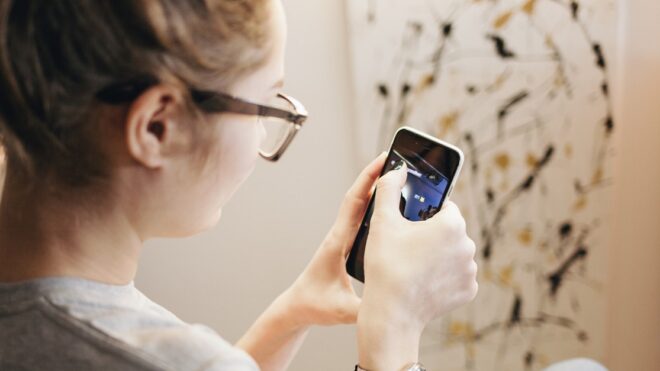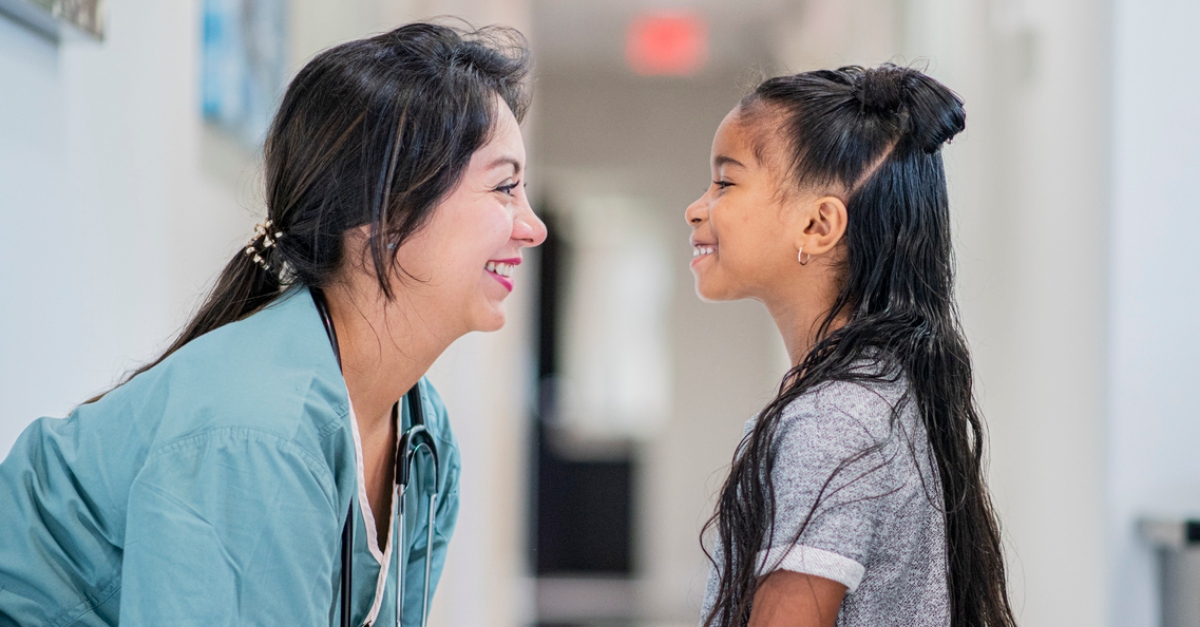
There isn't one person in the world right now who feels comfortable. Everyone is out of their standard routines, most of us are stuck inside our homes, and we're all wondering when things will go back to normal. The truth is, it'll be a long time — unless we all follow the protocol outlined by the Centers for Disease Control and Prevention.
Doctors and nurses have been quick to share updates about their working conditions. Without that information, some of us might be oblivious to the work they're doing to battle the current health situation. Most of them work long hours, often without breaks. And since hospitals are so crowded at the moment, many of them don't even have the equipment they need to protect themselves. The more health care workers who get sick, the worse off we all are.
It's easy to feel powerless in a situation like this. One of the best things we can do to thank our health care staff is to stay home. The less this virus spreads, the better the situation is for them. But if you're looking for other ways to show you care, here are 10 ways you can thank your health care workers. They deserve all the praise they get.
1. Send Flowers
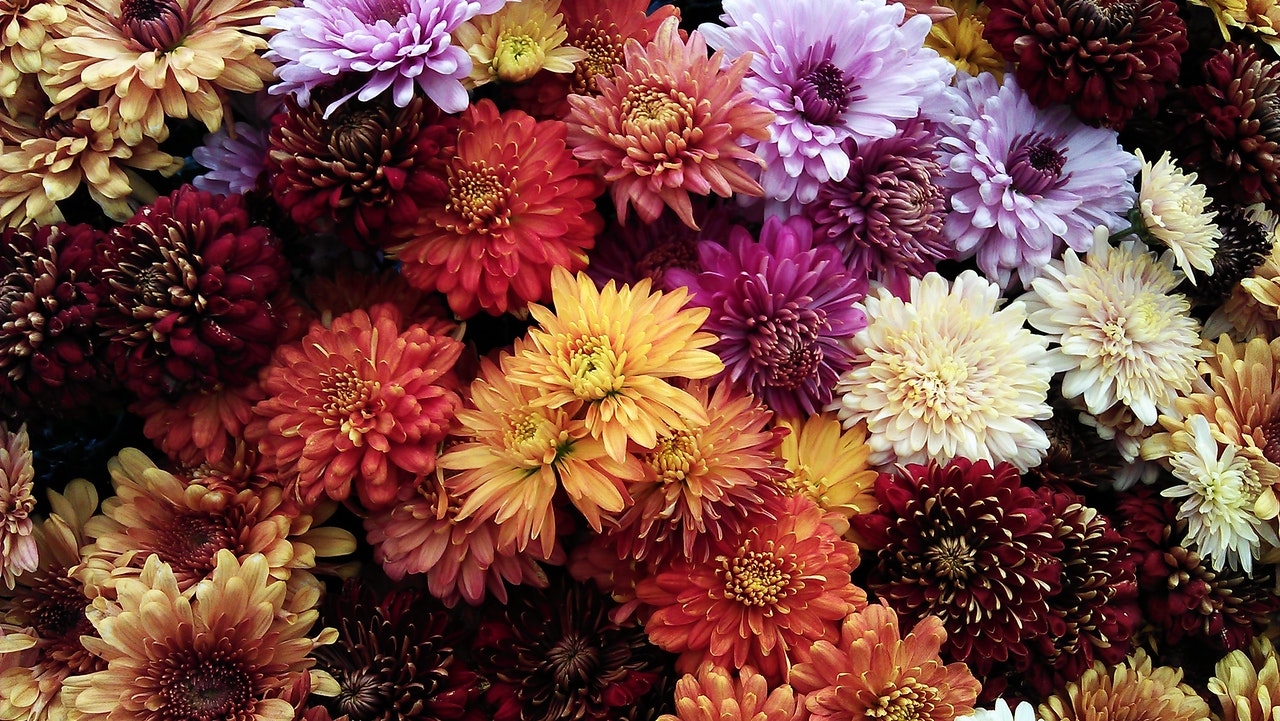
A beautiful bouquet can bring a lot of positive color to any space. Flowers are a thoughtful gift in general — they're something that everyone appreciates, but nobody would openly ask for. Since spring is here, they're also a good reminder that in this time of grim news and tragedy, it's still important to maintain a fresh and optimistic outlook.
2. Don't Make Excuses for a Lack of Social Distancing
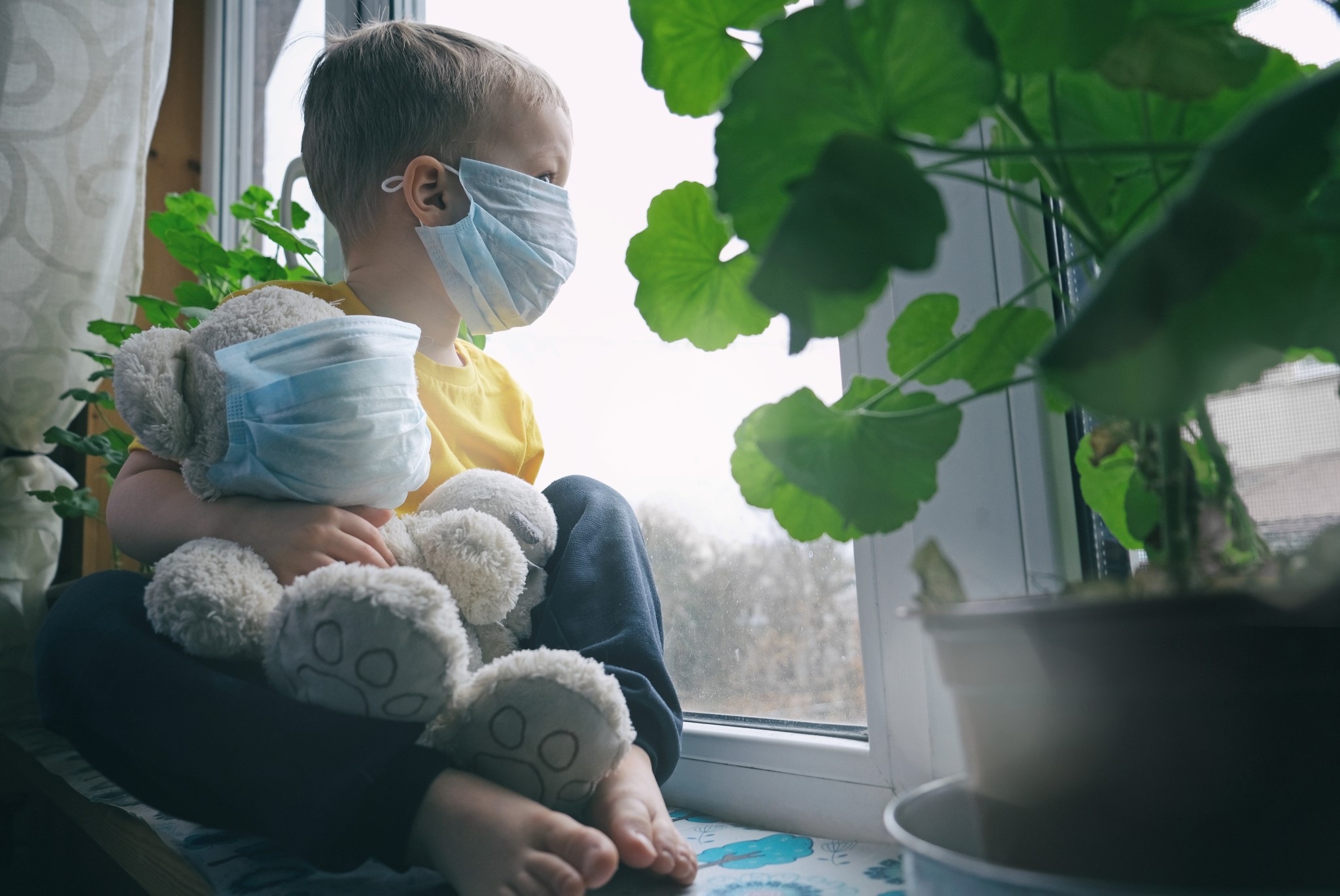
You know it's good to stay home, but maybe you've been skirting the line a little. Make an oath not to. Every day, health care workers are dealing with traumatic and terrible situations that could have been prevented if only people were more serious about staying at home and social distancing. The last thing they'd want is to have to intubate someone they know and love.
Promise them that you'll stay at home no matter what. If you can't secure a grocery delivery, use caution in the grocery store and wear a cotton mask. Try to limit trips if you can, and don't bring family members.
3. Send a Card
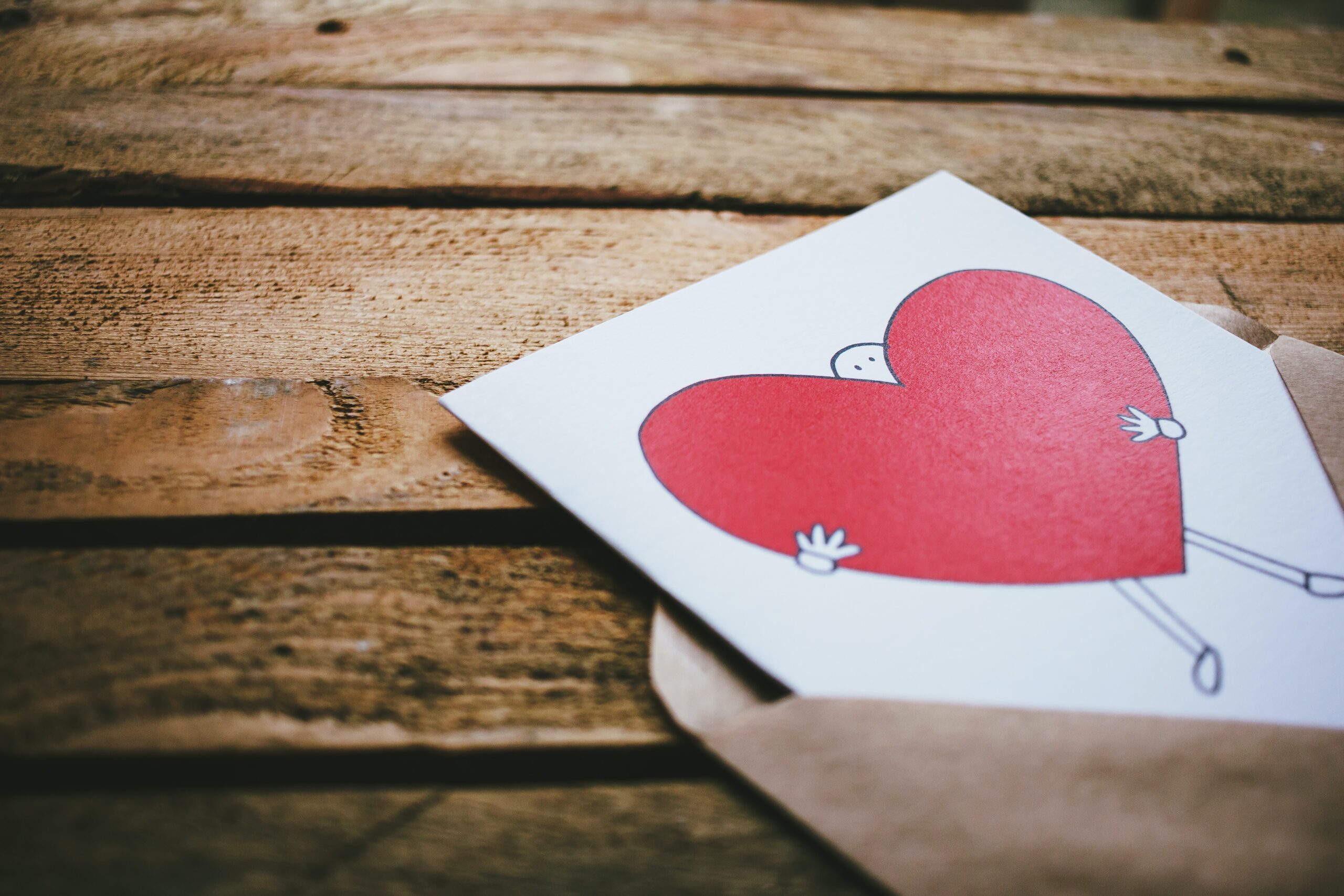
Even if it's handmade, it's appreciated. Tell the health care workers in your life that you acknowledge all of the emotional and physical work they've been putting into fighting this virus. Many of them feel like they're currently at war and unprepared because of the lack of personal protective equipment, or PPE. Your words can mean a lot.
4. If You Have Masks To Spare, Send Them Over
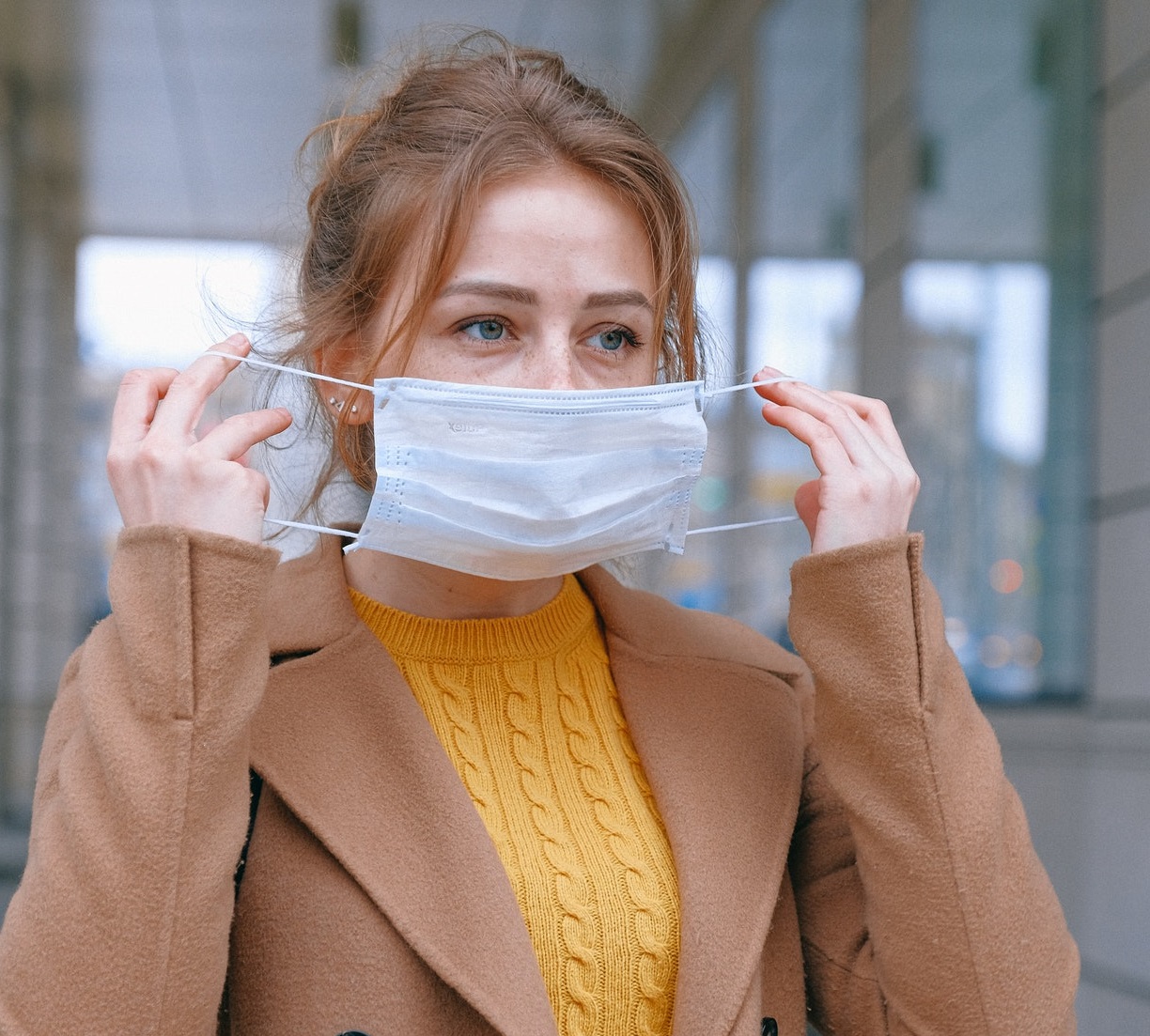
The best mask to use is the N95, but many health care workers are trying to help patients using only a handkerchief or another method of coverage that isn't helpful in screening out the virus. If you have a bunch of masks at home, it's best to give them to your local hospital. If our doctors and nurses get sick, the situation at the hospital will get much worse.
If you sew masks, these are also a great option. Many doctors and nurses use hand-sewn covers to make their N95 masks last longer. Even if you sew cloth masks and donate them to your neighborhood for free, you're still making a huge difference.
5. Consider Making a Banner
Scott LoBaido, a 55-year-old artist from Staten Island, made the day of health care workers by installing a gigantic "Thank You" sign outside of Elmhurst Hospital. Gestures like this provide good morale for the doctors and nurses who risk their lives every day. It may even be a good reminder as to why they're going into work. They're real heroes, and they deserve all the recognition they can get.
6. Share Their Stories
Plenty of doctors and nurses are sharing their accounts on social media. For those outside of the hospital, many of these stories are nothing like what we've been hearing on the news — but they're real. These are the people who are seeing the effects of the virus firsthand, and they should be trusted. If they tell their stories and make them shareable on social media, you should help share them. The more people who know what it's like, the more people who will take preventative care seriously.
7. Send a Fruit Basket or an Edible Gift

Based on their long hours, health care workers likely don't have the time to go grocery shopping. And even if they did, they may feel uncomfortable visiting in-person after being exposed. While a fruit basket won't stop their weekly need to buy food, it's a nice touch and a good way to make sure they're getting the nourishment they need.
8. If They're a Personal Friend, Make Time for Them

Check in and make sure they're doing OK. Ask questions about their day, and keep the focus on them. We're all struggling with these shelter-in-place orders, but health care employees don't get the opportunity to work from home or miss a day of work. They need to constantly be "on" and think ahead to provide for everyone. By lending an ear and checking up on their mental health, they'll know their work is appreciated.
9. Stay Positive

Health care workers are surrounded by grim news. Many of them go into work scared. While you never want to downplay the events happening in the world, it's important for them to have some positivity to look forward to. Consider sending them some seeds to plant in their garden, so that they can watch flowers spring up. Or try not to make every situation about the virus. Give them mental breaks. Offer to virtually marathon a show with them that has nothing to do with the world today. Optimism will go far.
10. If You End Up in the Hospital, Don't Argue About the Protocol
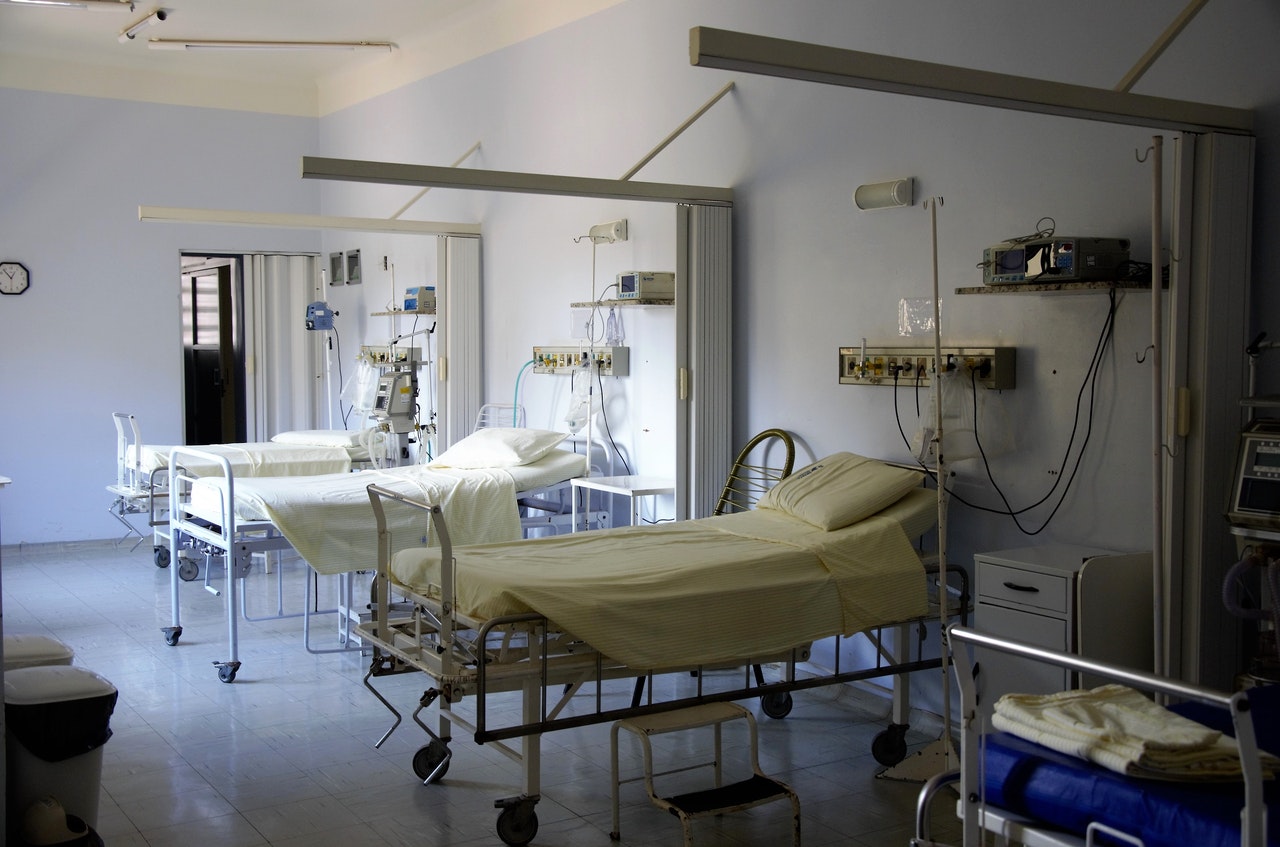
All of us need to do our best to try to avoid the hospital as best as we can. But sometimes health issues happen, and there's no other choice. If you're going to the hospital today, you might be alarmed by the protocols in place to keep people safe. Many hospitals aren't allowing visitors, and plenty of hospital workers are wearing protective gear that can look intimidating. The staff won't make changes for your own comfort, so do your best to treat the staff with respect so that you can be treated as soon as possible.
Always check with your health care provider concerning any symptoms you may be experiencing, and seek the most accurate information from the CDC and your state’s health department.


